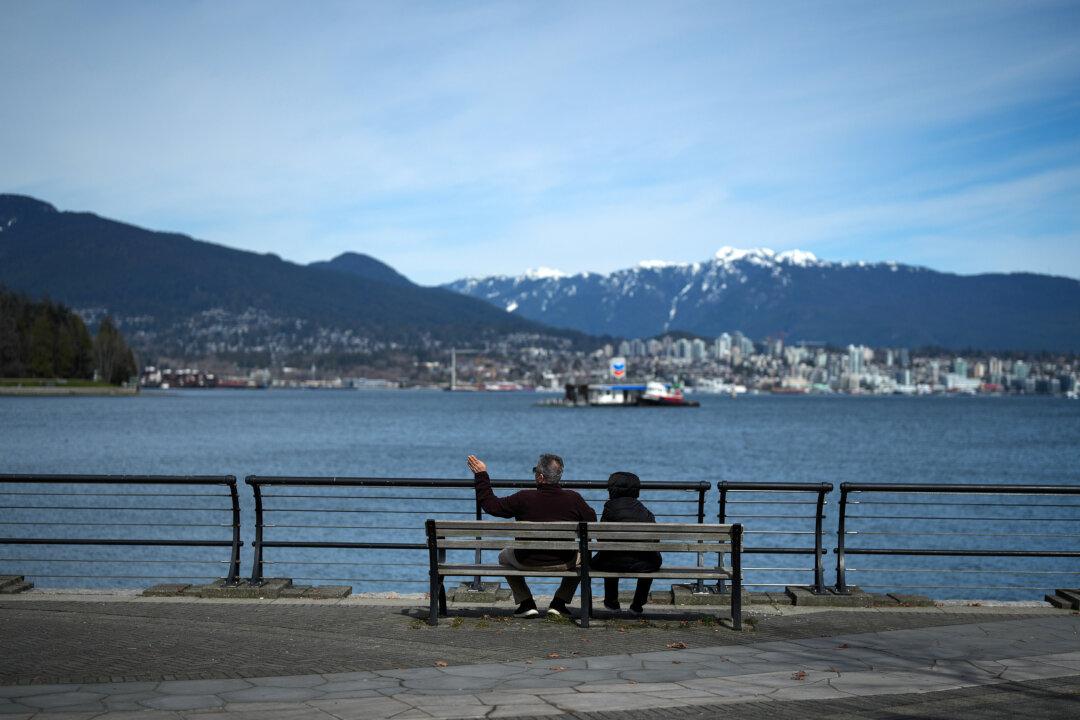Commentary
The extremely closely contested provincial election in British Columbia illustrates both the rise of conservatism and the peculiar tenacity of the leftist New Democratic Party in B.C.

The extremely closely contested provincial election in British Columbia illustrates both the rise of conservatism and the peculiar tenacity of the leftist New Democratic Party in B.C.